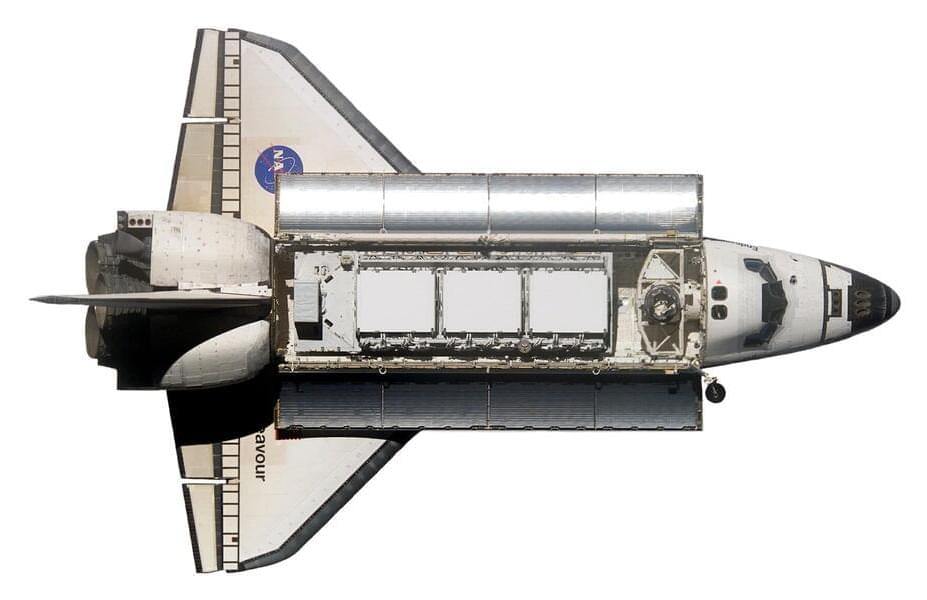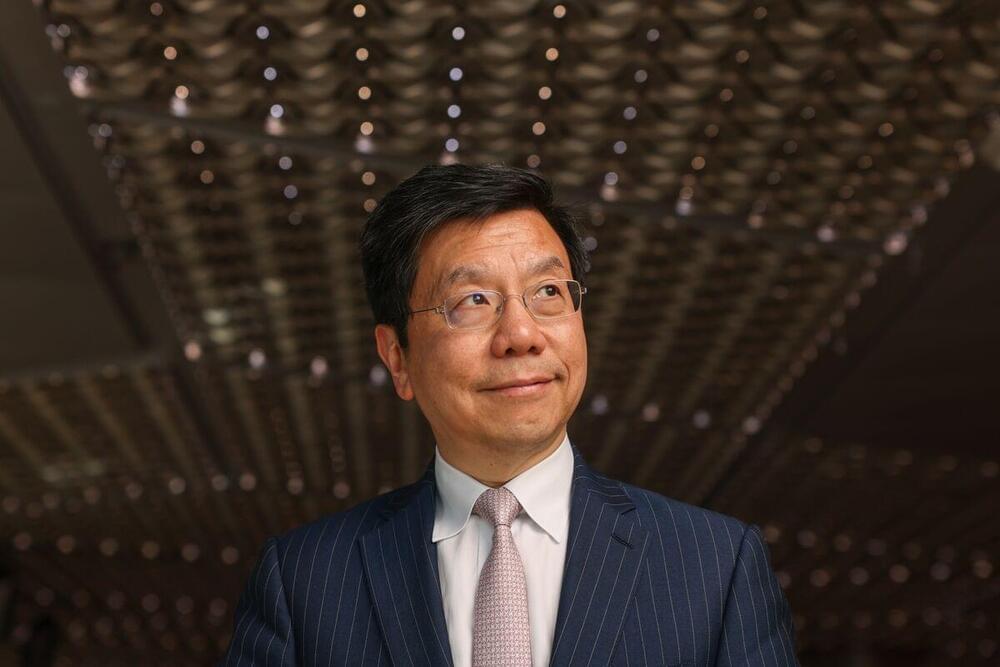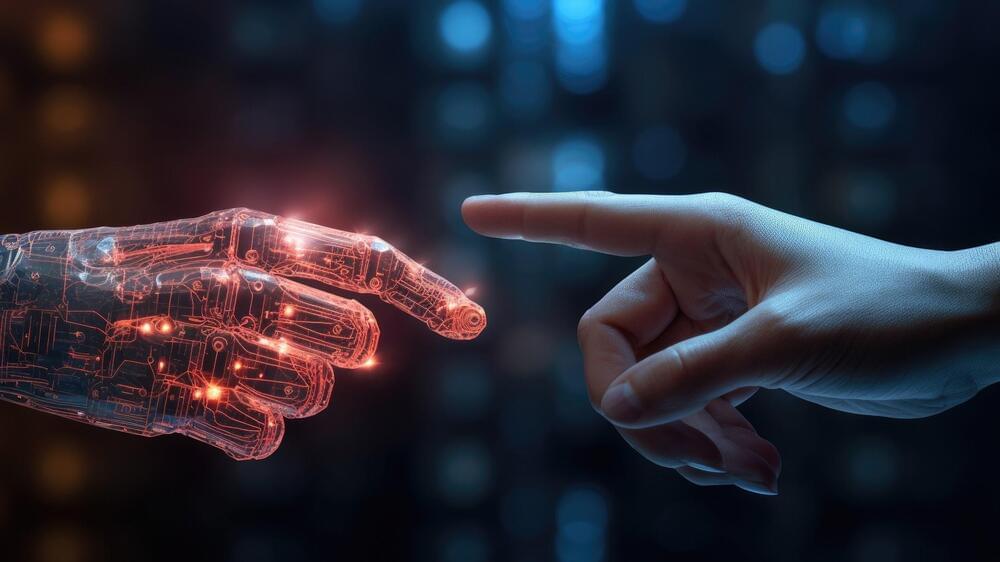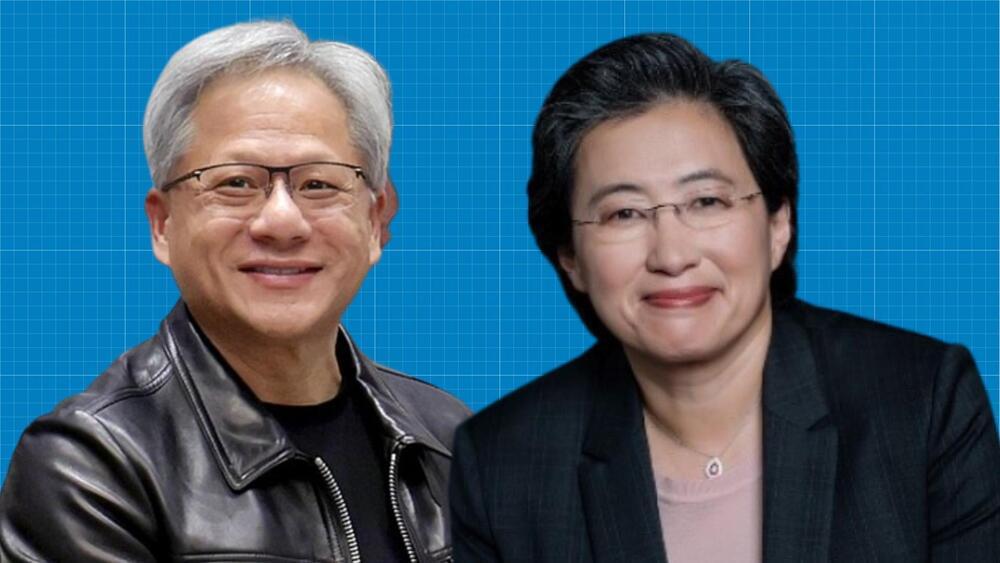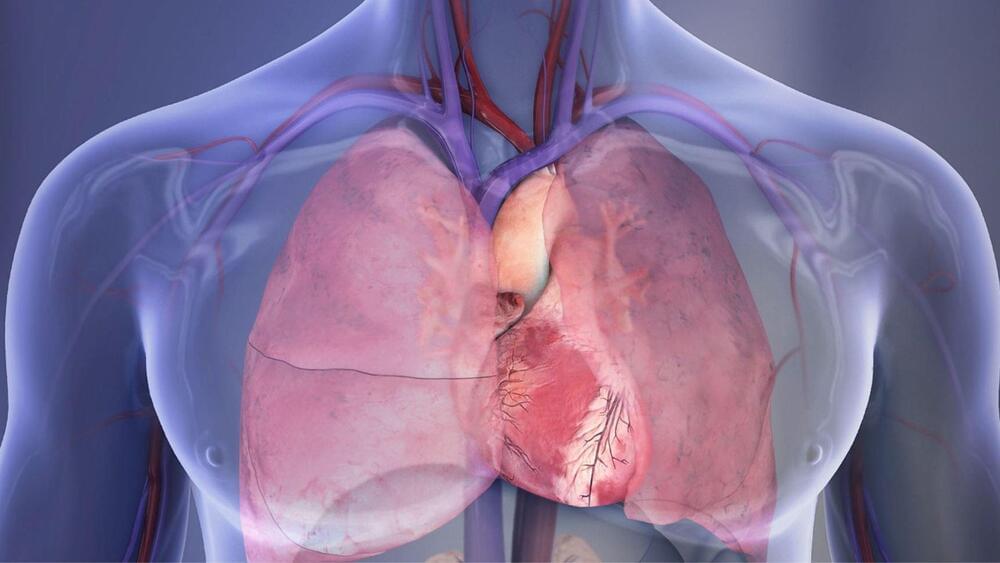An effective way of tackling this challenge is to find friendly partners who can help bear the burden. This means other businesses and organizations with the skills you’re missing or that specialize in the support infrastructure you need, be it in engineering, logistics, marketing or sales.
This is particularly essential when dealing with AI. It’s certainly getting easier for companies to start exploring and benefiting from AI. But fully integrating it in a business across every viable use case is still expensive, time-consuming and often dependent on the availability of highly skilled specialists.
Businesses rely on trusted networks of consultants, suppliers, and resellers to create these partnership ecosystems. Partnership working in the context of AI is going to be particularly important for small and medium sized enterprises (SMEs) that generate the majority of GDP and account for 90 percent of global business activity. Ultimately, it’s likely to be these businesses that will determine whether AI achieves its projected $4.4 trillion potential.

